Homesteading Tips from John Moody + Upcoming Rogue Food Event!
I recently had the pleasure of speaking with John Moody, a brilliant author, homesteader, and co-founder of the annual Rogue Food Conference. I wanted to pick John’s brain to extract some of his tips & tricks and advice when it comes to homesteading from the smallest of places to large amounts of acreage. I also wanted to get the scoop on what he will be talking about at this year’s Rogue Food Conference, and what other speakers have in store for us. I was pleasantly surprised!
John will be teaching a 3-hour intensive on local food distribution, why most models fail, and how to build an alternative local food system. After reviewing the homesteading tips below, be sure to scroll down and check out the details of this event coming to Florida for the first time, this March.
John has been homesteading for 12 years, has written 5 books, established the Louisville Whole Life Buying Club, has traveled all over to teach others how to create co-ops and buying clubs, plus offers consulting services. He has extensive experience in beating the government at its own games. His buying club was the first in the nation to be raided by health authorities, and win! He has helped dozens of others across the nation do the same.
Be sure to check out Seeds for Generations below under Seed Saving to get 100% heirloom seeds from a wonderful family farm in Virginia, who also provide free training on seed starting and garden planning!
Homesteading Tips from John Moody

John points out that “all information involving caring for animals and growing food is conditional because everybody exists and operates under different conditions, and they’re always changing.”
While I was speaking with John, he was in the process of boxing up elderberries and I was happy to discover that he has a family elderberry business, named after his daughter. Not only did John write a book on elderberries, they grow them and sell elderberry syrup, teas, and dried organic elderberries!
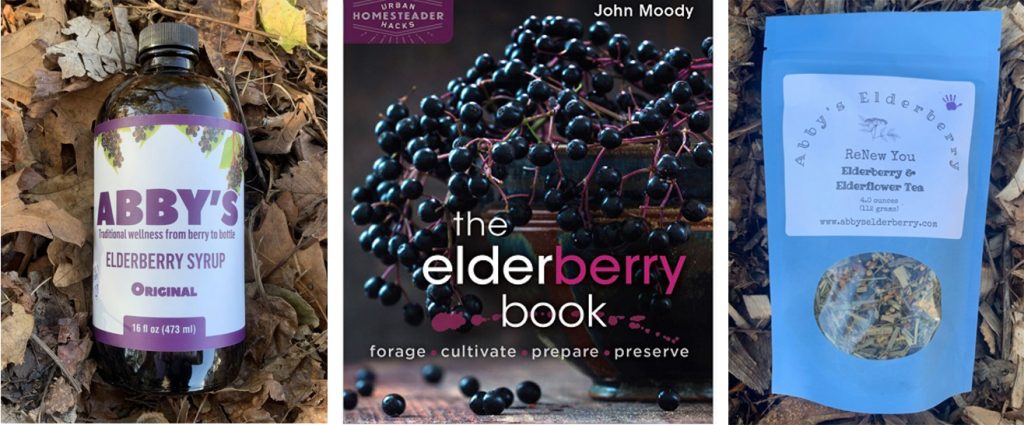
John provided some really great tips so I’ve decided to break it down by category, beginning with key tips on getting started.
Getting Started
1) “Start now, wherever you are. Don’t wait to purchase land. Begin cultivating your mindset and skills, no matter how small of a space you have to work with. Get more out of your garden – use trellising, use containers on porches or balconies. One of the most productive homesteads I know is in a super urban area of Louisville on a tiny lot, and he produces more food than many folks I know with 10-20 acres. What matters far more than how much space you have is how you use it.”
2) You need good hand tools, but can save on money, storage, and upkeep if you borrow, barter, or rent larger equipment such as tractors and livestock trailers.
3) Homesteading is a skillset and vocation, so a mentor is very helpful. Volunteer at a local farm to learn hands-on. You will get much more out of it than reading from a book or watching a video.
4) If you do purchase a property with land, don’t build anything permanent for at least 2-3 years and don’t remove anything that was there. It’s important to get to know your land and see how you are going to gradually expand before putting in permanent structures. You might consider bringing a consultant out to assess best design options for the land.
5) Deepen your pantry. Most cities only have 2-3 days of food. Most homes generally don’t have much more. Historically, people often had three to six months of stored food.
Planning and Design
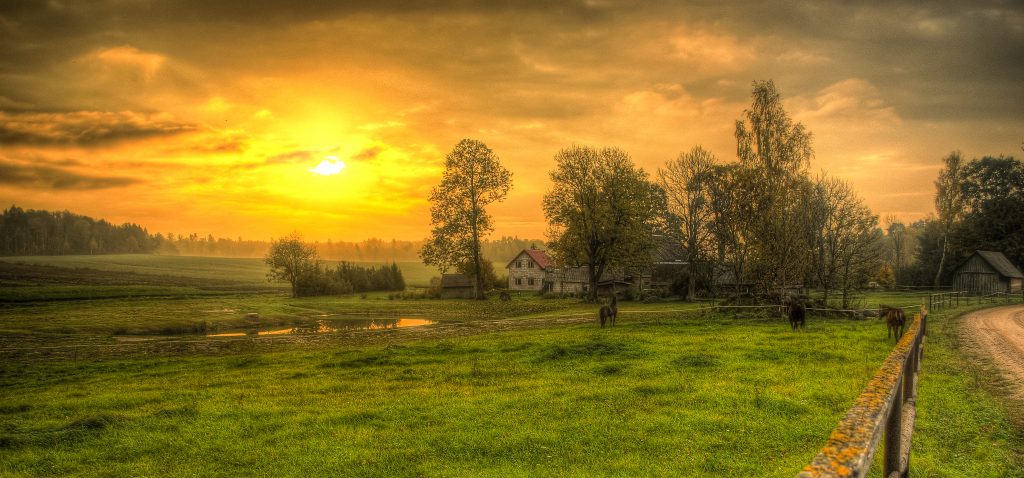
“I never want to do anything that an animal, nature, microbe, or plant will do for me.”
• If you are searching for property, it’s a good idea to be in close proximity to other homesteaders, but not near industrial agriculture because you can’t control overspray. You can always improve your land over time, but you can’t change your neighbors, so find a good community with the right piece of land.
• Make sure you have a good network of local farms in your area that you support, including the growing number of urban farms.
• Design an ecosystem that reduces pests by working with nature rather than against it, and provide a habitat that is beneficial to creatures you need. If you build a pond, get ducks. Consider bird houses and bat houses to reduce bugs.
• By allocating 1/3rd of plant and crop growth to flowers, it will add pollination, reduce the need for pesticides, and allow for better food growth.
• Always be working to replace ornamental landscaping with edible (which can also be ornamental!)
• If you are building new, setting up solar may be a good option. In either case, setting up a solar bypass to your well is a great way to maintain your water source if the power goes down.
• Utilizing a wood stove for heat and cooking will help save on electric and gas. An outdoor wood stove is even better!
• Homesteading is a daily commitment so if you want to go on vacation, be sure you have people who know what they are doing, to take care of your homestead while you are gone.
Healthy Soil, Weeds, and Obstacles
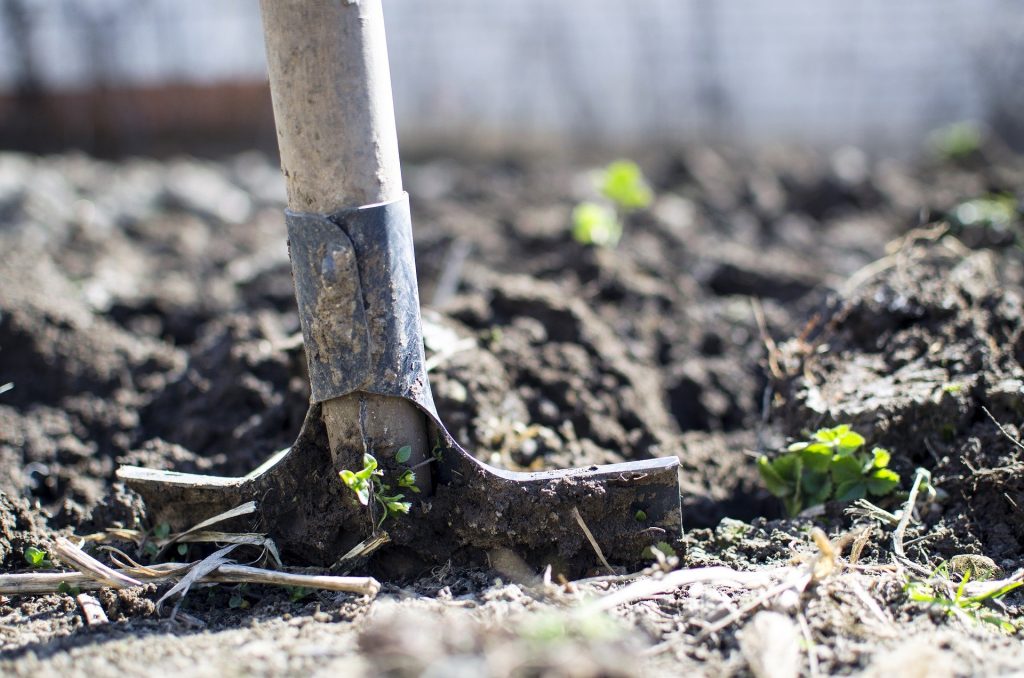
“1/3 of farmland is now completely degraded so it’s important to rebuild soil.”
• Before doing anything, purchase a soil test. They only run around $15, and it’s critical to understand what you are dealing with before digging in. When you get the results, ignore the recommendation section because according to John – it’s useless. You are better off spending $100 – $150 for a soil consultant to help you review the results. This will save you a lot of time and money in the future, to do it properly from the start.
• Every other year get organic matter levels tested. It is the heart and soul of healthy soil.
• Coffee grounds are 50% organic matter and can make for a great addition to your soil.
• It’s important to cycle out the old soil instead of continuously importing new soil.
• Animal manure does not contain enough nitrogen. Worm composting is a great way to go. Worm castings are terrific for grass, soil, and food growth.
• If you’re dealing with raccoons, squirrels, deer, and other critters, consider getting a dog to help keep the critters away. Fencing can be somewhat effective if it’s done correctly.
• Tilling will make a weed situation worse, and not all weeds are bad weeds. Many weeds are nutritious for people and animals. Chickweed and henbit are great sources of feed for chickens and hens. John wrote a book specifically about weeds, titled ‘Winning The War on Weeds.’
Seed Saving
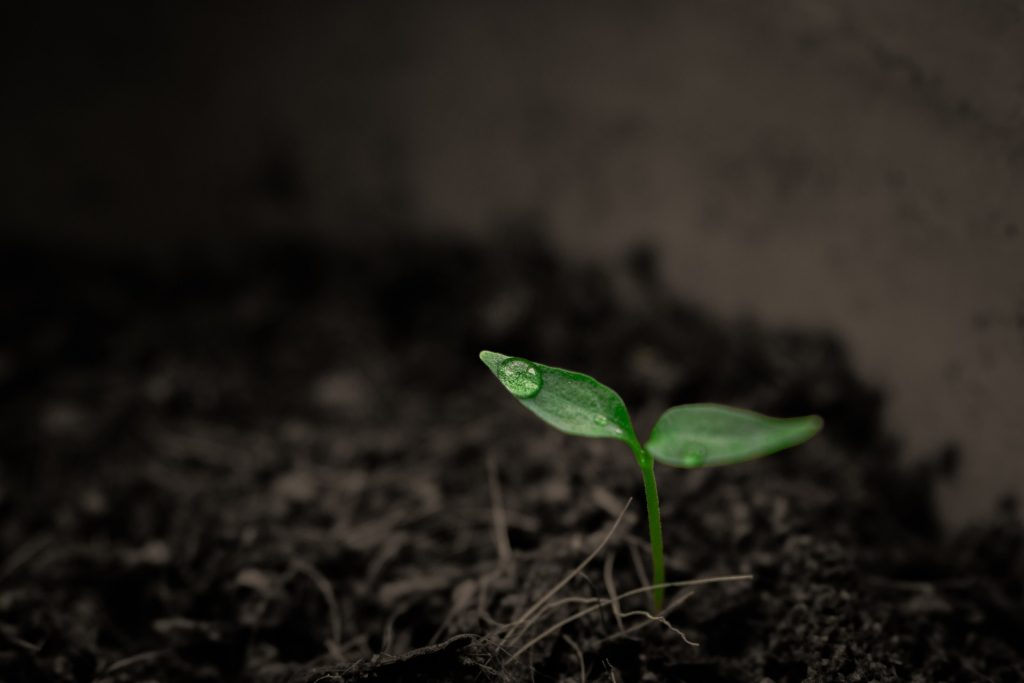
“Stop growing things that want to die, and killing things that want to live.” – Darren Doherty, CPAg, AIA
Seed saving is a skill that everybody should become familiar with. The cost of seeds isn’t far off from the spot price of an ounce of silver, at roughly $3 packet. Saving seeds for core crops is a good idea, especially with potential seed shortages again.
Here are some of John’s approaches to seed saving:
“My favorite way to save seeds for quite a few crops is to purposely let them go to seed, then they come back next spring, and then I have a bunch of plants. Over a 1/3rd of what we grow that has to be seeded, we do through this passive seed saving method. I will select the best looking, best tasting basils, flowers, and a bunch of different plants. Our own little variety of cherry tomatoes basically came from letting some of the cherry tomato plants cross and drop fruit, and now we have our own semi distinct variety of cherry tomatoes. And, every spring we get a million cherry tomato plants. We look for the ones that are really healthy and show resistance to the early cold and we save those plants and move them around to where we actually want them. So we’re basically doing our own on-farm plant breeding, and by letting them self seed right into the soil, we’re also selecting plants that have a vigorous desire to live.
We tend to plant stuff that doesn’t actually want to live. They need constant care, attention, and chemicals to have the smallest of hope of doing well and surviving. And in order to grow those things that don’t want to grow, we kill the things that do want to live, and that takes large amounts of chemicals and machinery.
Another thing to think about, perennials are better than annuals. There are perennial varieties of quite a few crops that we treat as annuals. Like leeks and a bunch of other plants have perennial varieties you can grow, so you don’t have to reseed them. You can almost grow garlic this way.
One thing that makes spring gardening especially hard…is potential hard freezes. We do a fair bit of spring stuff. I’ve been going over all of my best spring gardening tips on my telegram channel. Spring is its own interesting beast. Carrots can be planted in fall, grow part of the way, tops will die back and go into stasis over winter and then resume growing in spring. Garlic does this as well.
Garlic you normally plant in the fall and it will start growing, but at some point in the fall the tops will die back. I know some people who plant greens in the fall and over-winter them so they can be 20-25 days into its growth cycle when spring comes.
You can do traditional seed saving, which is basically letting a plants reproductive material reach a level of maturity that lets you then collect it and property dry it, and then store it. There are some plants that we still do this with because it’s the only way… melons, squashes, peppers, just a number of plants where that is the way – there is no other way. But there is a lot of stuff you can passively seed save, and do in a way that doesn’t require all of that labor. These are suggestions. I have a friend who does passive seed saving with some of these because he is located much further south.”
Looking for A Great Source for Local Heirloom Seeds + Free Webinars?
Seeds for Generations is a fantastic place to get heirloom seeds straight from a Virginia farm run by a wonderful family. They grow non-GMO, 100% heirloom/open pollinated seeds without pesticides, and have an abundance of offerings. In addition to their excellent seeds, they share a wealth of information, planning calculators, resources, and most importantly – host webinars to teach others! They really are a terrific freedom-loving family business to support.
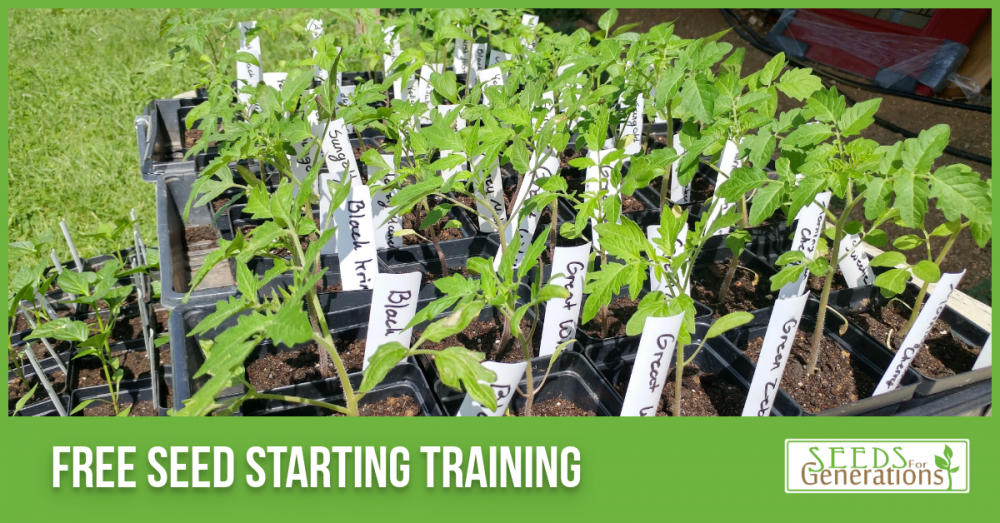
Their Free Seed Starting webinar was such a hit, they’ve made the recording available here through January 30th. Their next free live webinar is on Garden Planning on January 26th at 3pm ET, and you can register here for the live event and get access to the recording through January 30th as well.
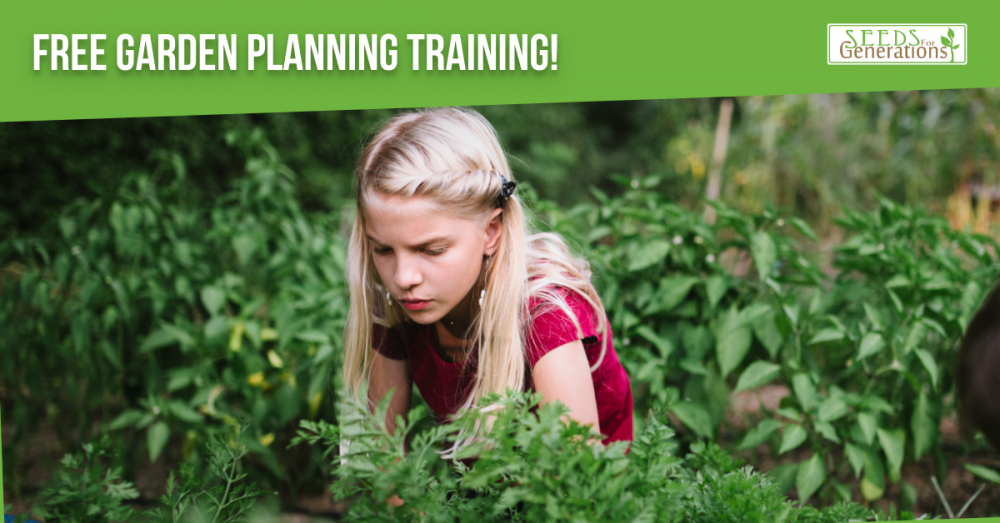
In the Garden Planning Training, you’ll learn how to:
• Plan and position a new garden plot
• Use your last average frost date to plan your seed starting and planting schedule
• Calculate amount of usable space using various gardening methods
• Optimize the use of your garden space to maximize production
• Use successive plantings to keep produce coming all season long
• Plan to preserve the harvest and not waste any of your bounty
BONUS: The folks at Seeds for Generations are having a “Start Your Seeds Sale” Thursday, January 27 thru Sunday, January 30, 2022. On all orders $50+, you get their nifty premium garden planning calculator for free when you use the coupon code. Check out the sale here!
Rainwater Harvesting
• Most urban areas have fluoridation in the water. John recommends catching rain water, especially if you have a metal roof with good gutters. If you build a cistern, build it twice as big as you think you will need.
• Design your property to utilize rain water, rather than push excess water away. Growing spaces should be designed to hold water. Swales and raised beds will prevent soil from washing away. If you have a hill with a lot of water flowing down, build a pond and get some ducks.
• Some states have imposed absurd restrictions when it comes to catching free rain water. Here is a rain water harvesting regulations map you can click on to see what restrictions are in your state.
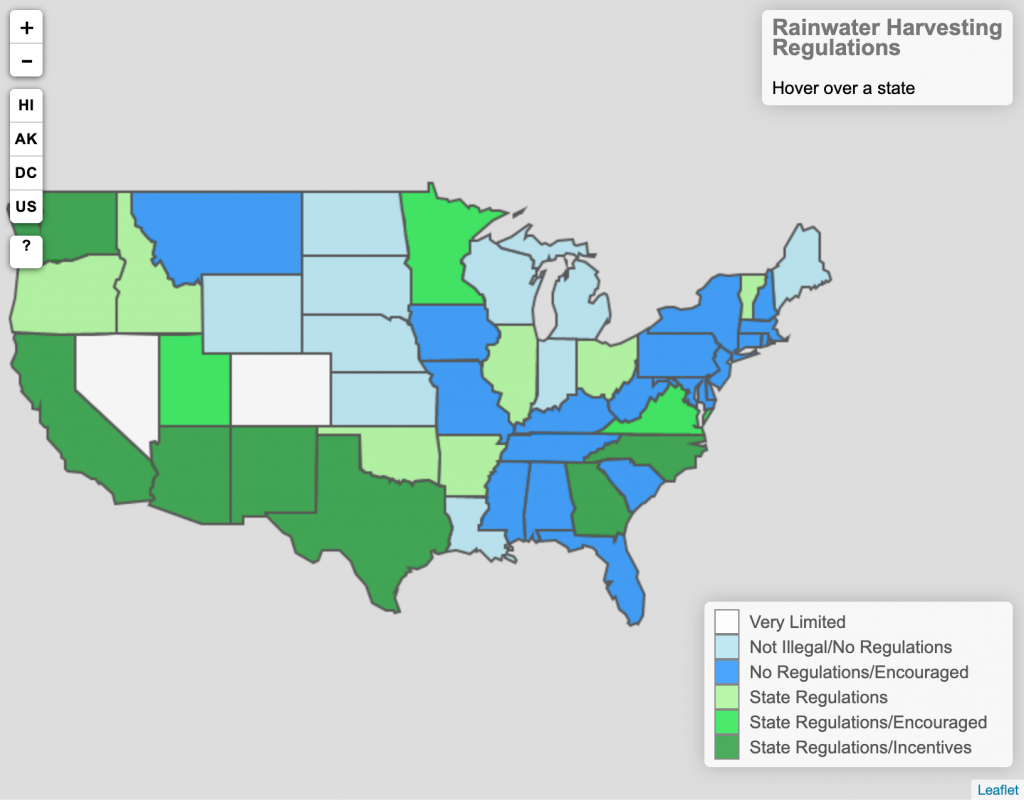
A Few Quick Tips on Chickens
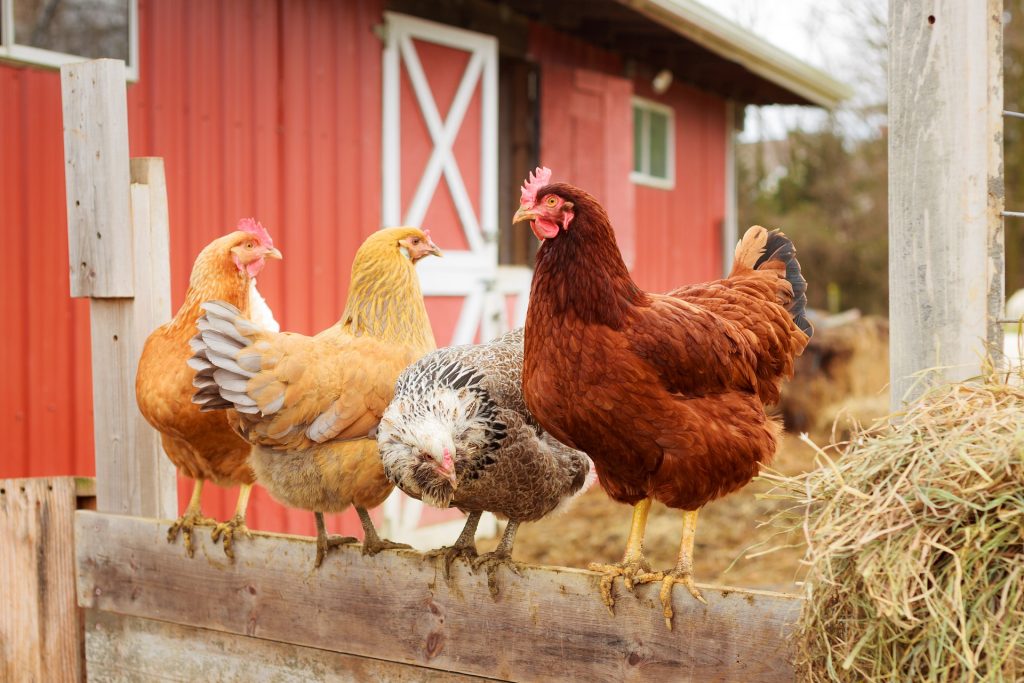
• Chickens are easy to source and get. It’s best to start with a half dozen laying chicks or 50 meat birds. Starting out with 100 may be a bit much to handle at first. Laying hens are great for food security.
• Chickens need a home – either a chicken coup or movable tractor. There are pros and cons to both. The movable tractor is great if you need to move its location from time to time, but they are also prone to wind and nasty weather, so if you go with a tractor be sure to build it with wood and use tie downs.
• Animals eat and move so they don’t leave waste where they live. They shouldn’t be contained in a small area. It’s important to use very dense bedding – 2’ of high carbon wood chips and sawdust works great. If you have a really small space, you are better off with quail for meat and eggs.
• They will exhaust all feed near the coup, so it’s necessary to provide access to the environment so they can get feed from the land as well. Over time, improve the feed value of the natural environment by incorporating fruit trees, elderberry, hazelnut trees, and increasing clover in the pasture. You can improve the nutrient density by building the ecosystem to include perennial permaculture.
For tips on what foods to plant, what animals to get, and other homesteading tips, check out John’s book ‘The Frugal Homesteader,’ as well as his other terrific books that can be found on his website, such as DIY Sourdough, Winning The War on Weeds, Food Club and Co-op Handbook, and of course The Elderberry Book. He is also working on two more books. One is titled ‘Beyond The Bag’ to help people get free from the feed store, which he hopes to have out in May, and another book titled ‘The Root Book,’ that he hopes to have out this year.
Follow John on Telegram for other great tips and updates.

Don’t miss the Rogue Food Conference on March 4-5, 2022 in Mayo, Florida!
Learn how to build alternative local food systems, plus so much more!
He who controls the food controls the people.
Vaccines in salads. Billionaires saying governments should only let people eat synthetic beef while buying up massive tracts of farmland. Medical passports to buy your weekly pork and produce. Year long wait lists to get into a local butcher.
Worried about your food and farmers? Rogue Food was started to educate and empower people to reclaim their fundamental right to food. To grow it. Share it. Sell it. Butcher it. Barter for it. Buy it. And more.
Join us for the first ever TWO DAY Florida Rogue Food event on March 4th and 5th, in Mayo Florida.
The event starts with an intensive rebuilding local food distribution class Friday morning, presented by John Moody. All attendees will receive a free copy of John’s Food Club and Co-op Handbook, along with almost three hours of additional teaching and discussion on how to build alternative food systems. Then, a limited number of seats are available at our beloved VIP Friday evening event, with a fabulous dinner and multiple hours of social time with the speakers.
Then wake up bright, early, and energetic for Saturday’s presentations and panel discussions, featuring real food farmers, thinkers, and fighters. But first enjoy a real food breakfast to fuel the fire we hope to put in your belly for food freedom!
Joel Salatin, Dave and Ginger Shields, Michael Kilpatrick, Bradley Bearsdall, John Moody, and many others will present throughout an educational and empowering day that will equip you to build food independence for yourself and your community. And in the middle of it, another real food meal will keep your belly and body happy so your brain can enjoy the day!
Learn about PMAs, creative circumvention, successful non-compliance and push back, buying clubs and other alternative local food approaches, building community, beating the government, and more.
Snag a ticket to the entire weekend or just to the parts you can make below!
Learn more about the Rogue Food Conference and speakers here.
Get your tickets here!
Check out the vendor and sponsorship opportunities here.
Any questions or for media inquiries please contact [email protected].
Related Articles and Resources by Corey’s Digs:
SAS Legend Gives Preppers Food For Thought
Shop USA Made with Patriots
Progress for Local Food in The State Houses
Off Grid and Prepping Supplies
10 DIY Projects for Self Reliance and Fun


Subscribe to Corey’s Digs so you don’t miss a Dig!






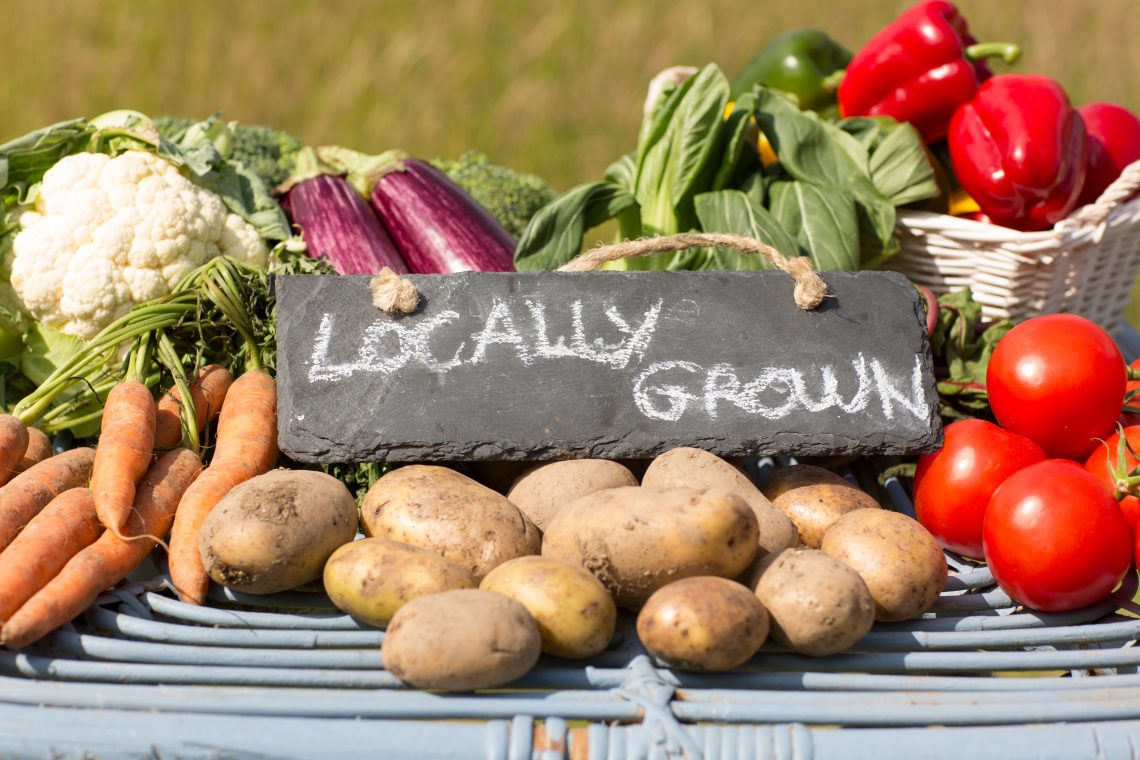
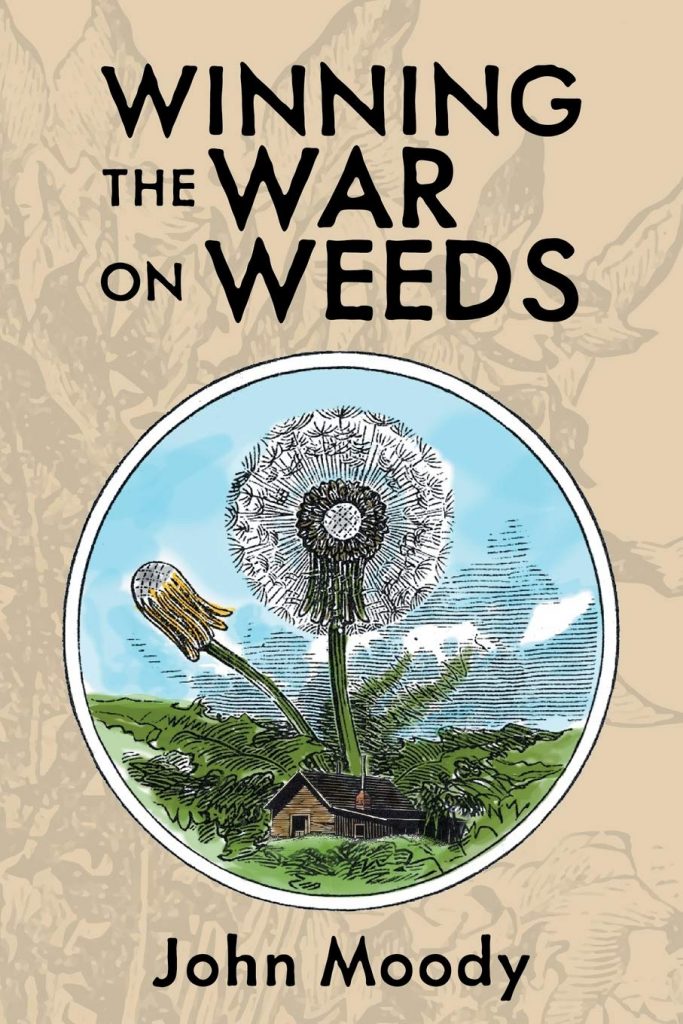
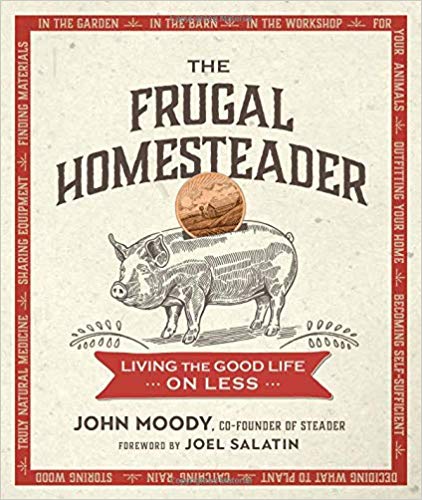


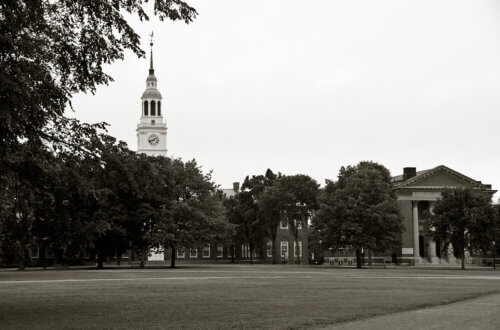

6 Comments
Nikki
Always blessing you Corey Lynn.
For Aussie readers or any, another wonderful place to buy, even really old varieties of seeds never see in supermarkets etc, and GMO & pesticide free is at:
Diggers.com.au
Ubuntu great site too for management by the people for or toward the good of all people.
*Ubuntu means “I Am because You Are”
*Namaste means ” I see you and recognise the divine light within you that is like the good and divine light within me”
This is why I only use this with those I truely see and for those to see my heart and soul has only pure divine intent.
See each other.
Namaste
Oh a little something to give each of you faith and belief in your/ourselves and our success.
This is not very nice and these scientist should be crucified for their evilactions another reason to spread this, but an unexpected result came about as a result of their testing on these little beings.
(Remember you are rats to these monsters as well, we are the RATs are we not!)
(See the association. RATs coivid testing) it’s in your face they’re telling you!
https://www.fearlessmotivation.com/2021/08/09/rat-experiment-harvard/
If your going to let them manipulate and test you as with these type of experiments and covid etc
You may as well go in fighting armed with this important bit of knowledge- never give up in bringing em down.
They are afraid of your courage, tenacity, free will, unity, intelligence, and powers yet to be unleashed upon them in everyway.
You are and always will be, God’s Loved Children, you are not door mats.
Namaste
Nikki 🙏👍
Jeff Swart
Wow, Thanks Corey for another great article
As a city born and bred boy turned quasi-homesteader in my later years, I’m always grateful for those who share their experiences in such matters. I’m currently doing a crash course in gardening since I recently parted from my wife, who was our primary ‘gardener’ while I was the ‘yardener’ (and forager) during the past 30 years of living ‘out in the country’
I’ve become enamored with the folks at permies.com who offer a host of experiential information on a broad spectrum of topics including homesteading, gardening, permaculture +++… AND rocket mass heaters!!
The permies forums are here: Permaculture Forums at Permies (https://www.permies.com/forums)
Rocket mass heaters (a form of masonry or thermal mass heaters) are a great alternative to conventional wood stoves, highly efficient and nearly totally emissions free. Depending on your local climate, you only need a handful, or few, of small sticks to keep things warm and toasty for the day and night. Check out these links at permies, for starters:
– Better Wood Heat: DIY Rocket Mass Heater Videos ( https://richsoil.com/wood-heat.jsp)
– rocket stove mass heater (https://richsoil.com/rocket-stove-mass-heater.jsp)
– The Rocket Mass Heater Builder’s Guide by Ernie and Erica Wisner (rocket mass heater forum at permies) (https://permies.com/wiki/57365/Rocket-Mass-Heater-Builder-Guide)
… I recently purchased the “Builder’s Guide” and it’s very impressive
Corey Lynn
Cool, I’m going to check these out. Thanks Jeff!
Brenda W Rodriguez
Hi Corey! Have followed and learned from you for several years now. I’m stuck in Las Vegas for a couple more years, looking for land or a tiny house community that will fit my needs. Horticulturist by trade with some working knowledge of regenerative agriculture and hydroponics. Have been following the farmers at https://understandingag.com/ – it’s all about the soil! Also lots of cool info at https://livingwebfarms.org/ – one of my favorite websites.
Hope I can find a community of good people to live out my golden years!
Corey Lynn
Thanks Brenda! I will check these sites out!
Courtney Sullivan
Greetings Corey! I did wind up attending this 3 hour talk and it was a valuable experience. Thanks to The folks at Solari for the tip off that it was going on.
We live on a farm in NY but was visiting family in FL, and the event was on my birthday so I was determined to attend. Mayo FL while central to nothing really was a fitting, low key location for the informative session.
John’s whole family really showed up and worked hard at the event, it hopefully is a preview of things to come.
His wife and children made a simple, quality home style meal for lunch.
John shared his formula for how he structured his buying club and didn’t mince words when it came to outlining the mindset and tenacity people who will be successful with such an endeavor need to possess.
So glad I saw this while on here reading your other food reports.
Many things have happened since then, that I did not truly reflect on all that he shared with us, but will make an effort to do so tonight.
Thanks for all you do, peace!